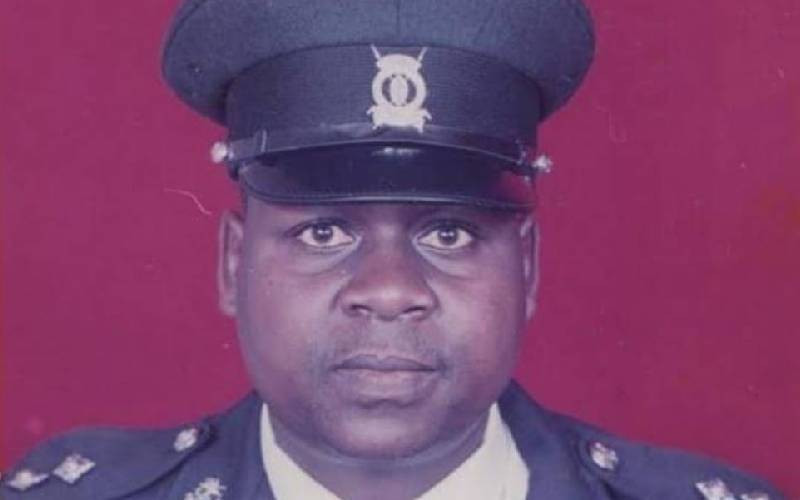×
The Standard e-Paper
Stay Informed, Even Offline

Life is fickle, and for a journalist, nothing is more heartbreaking than planning an interview with a source who dies before they get to share their story.
Chief Inspector Stephen Lelei died on Saturday due to heart complications, leaving behind unresolved accusations that he firmly believed were fabricated.






